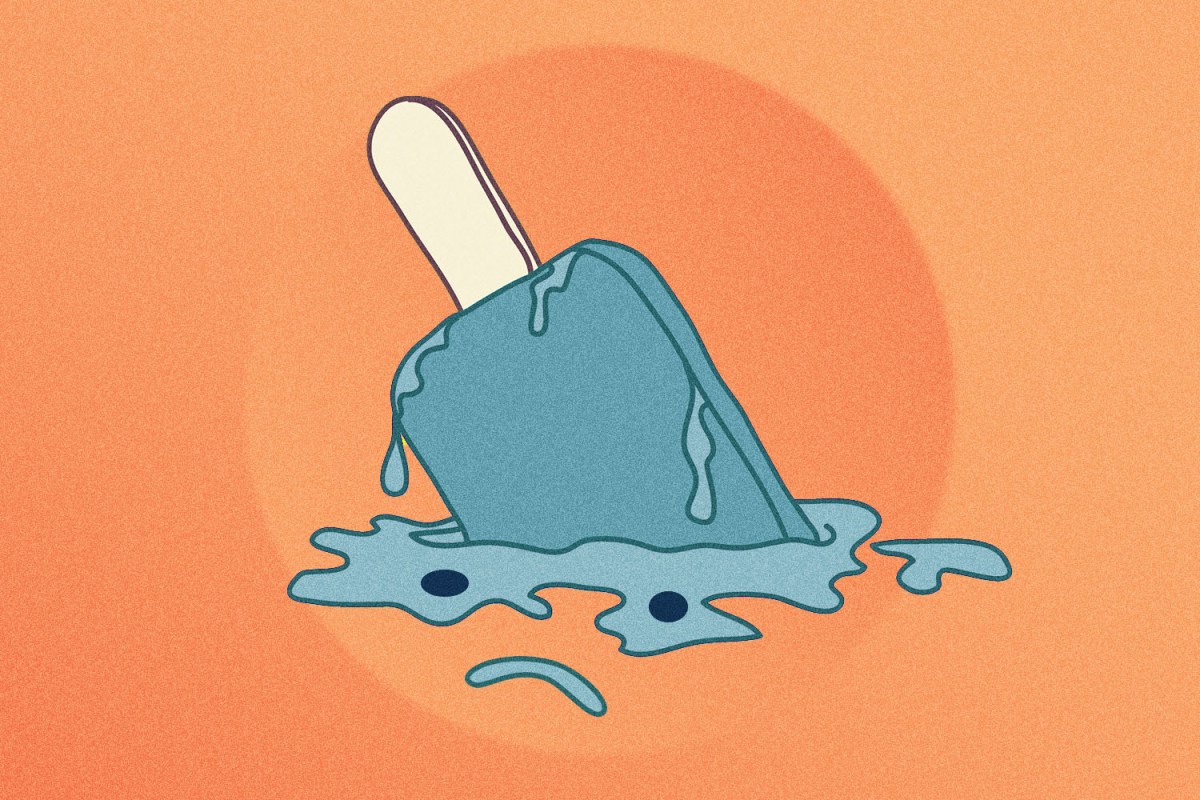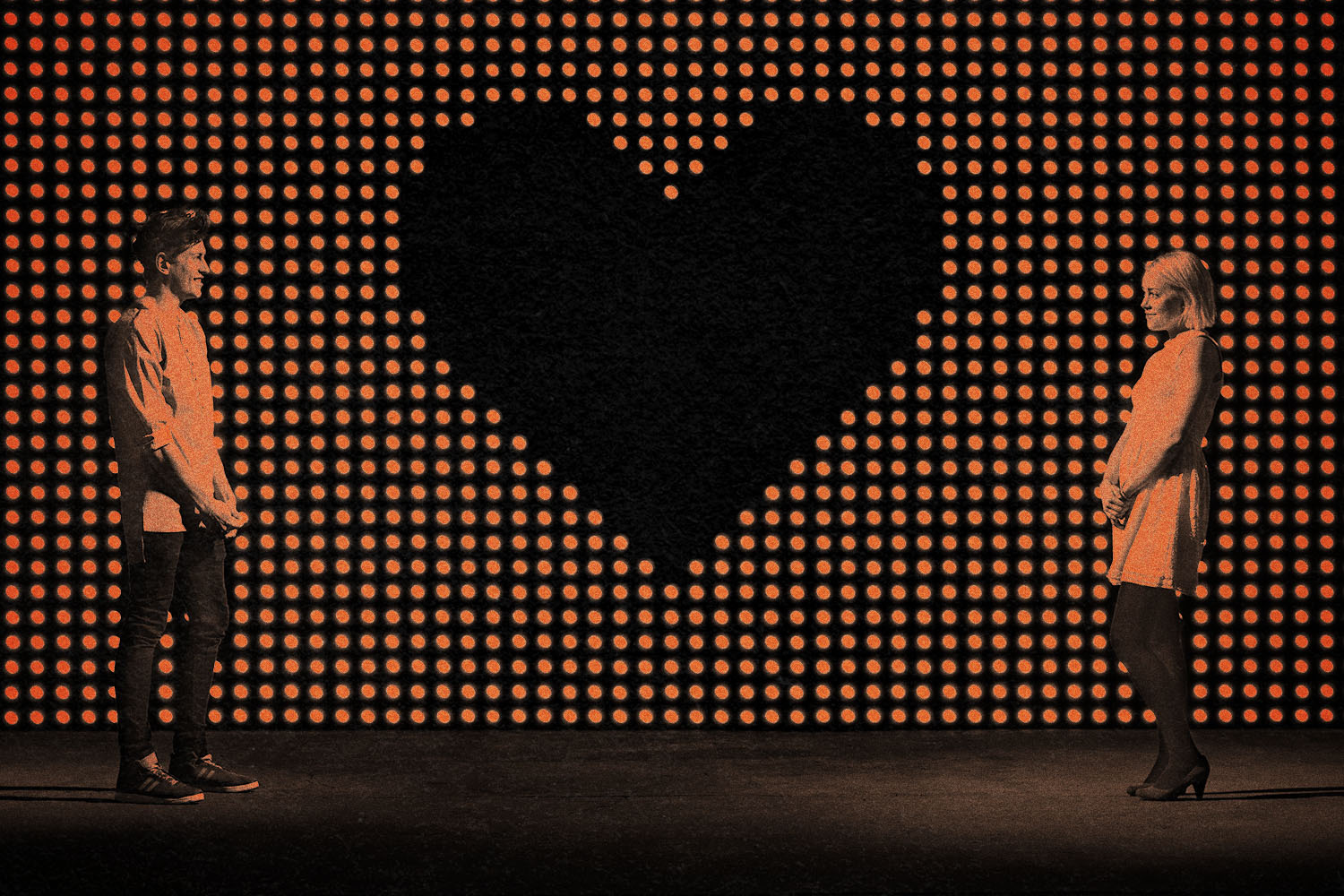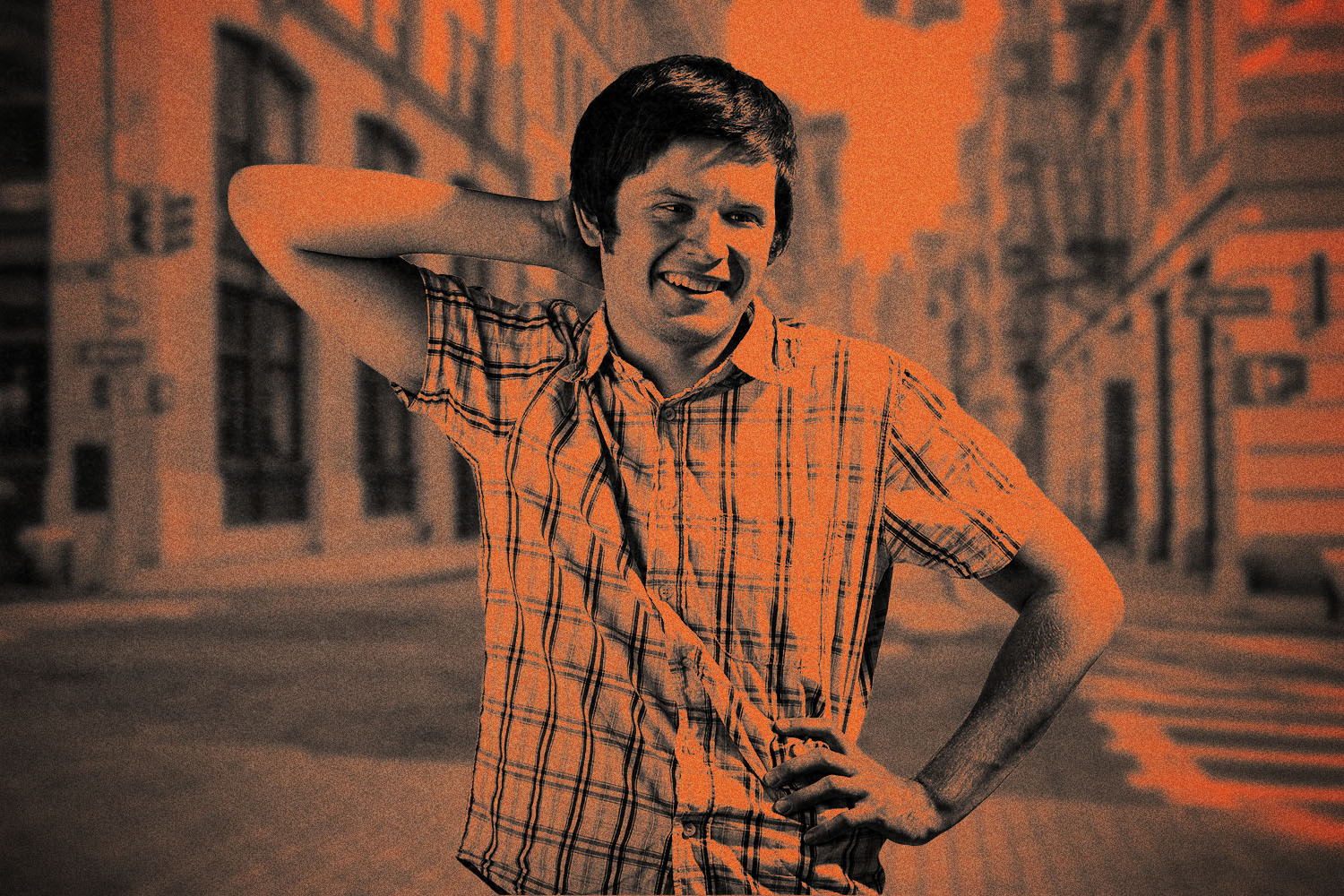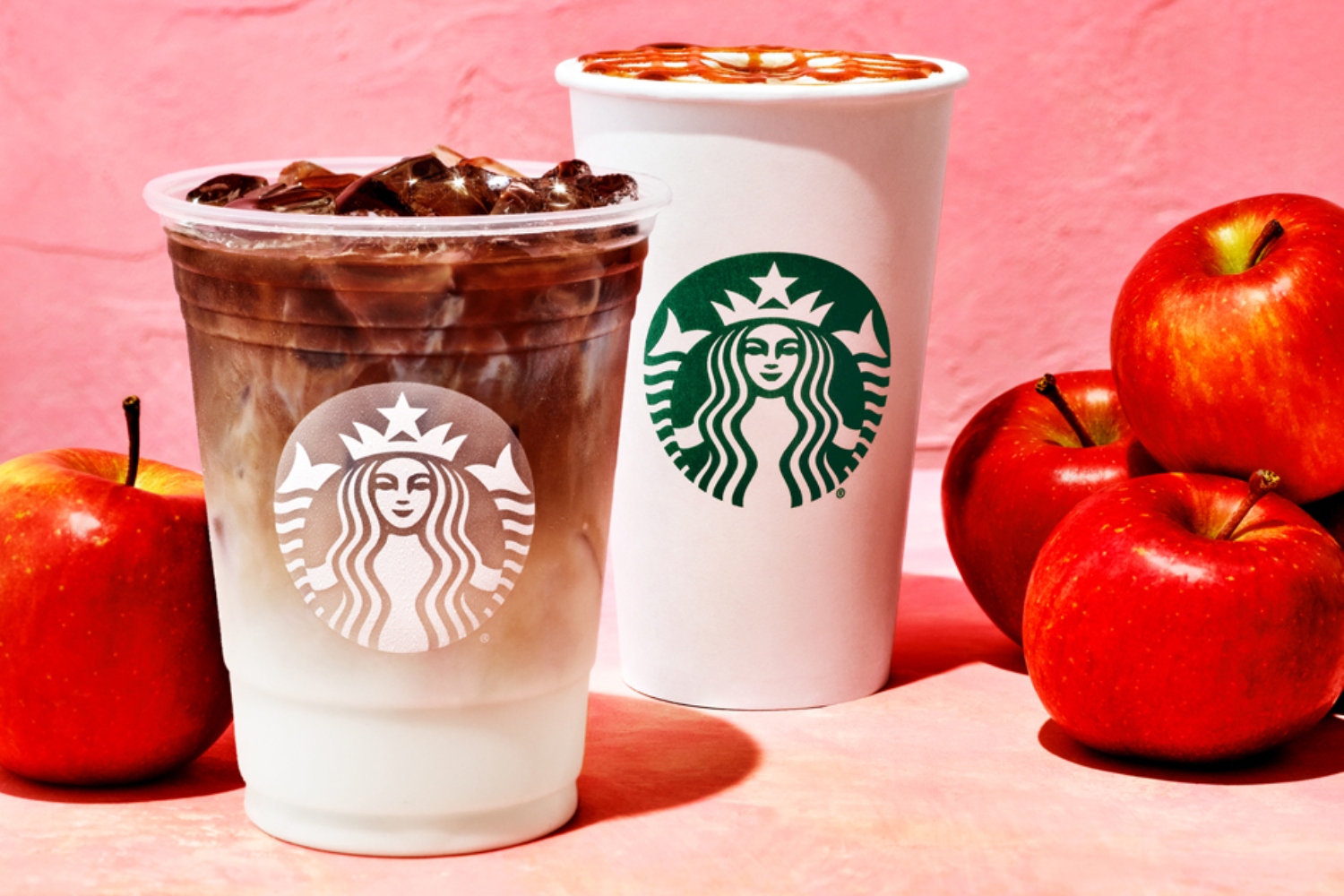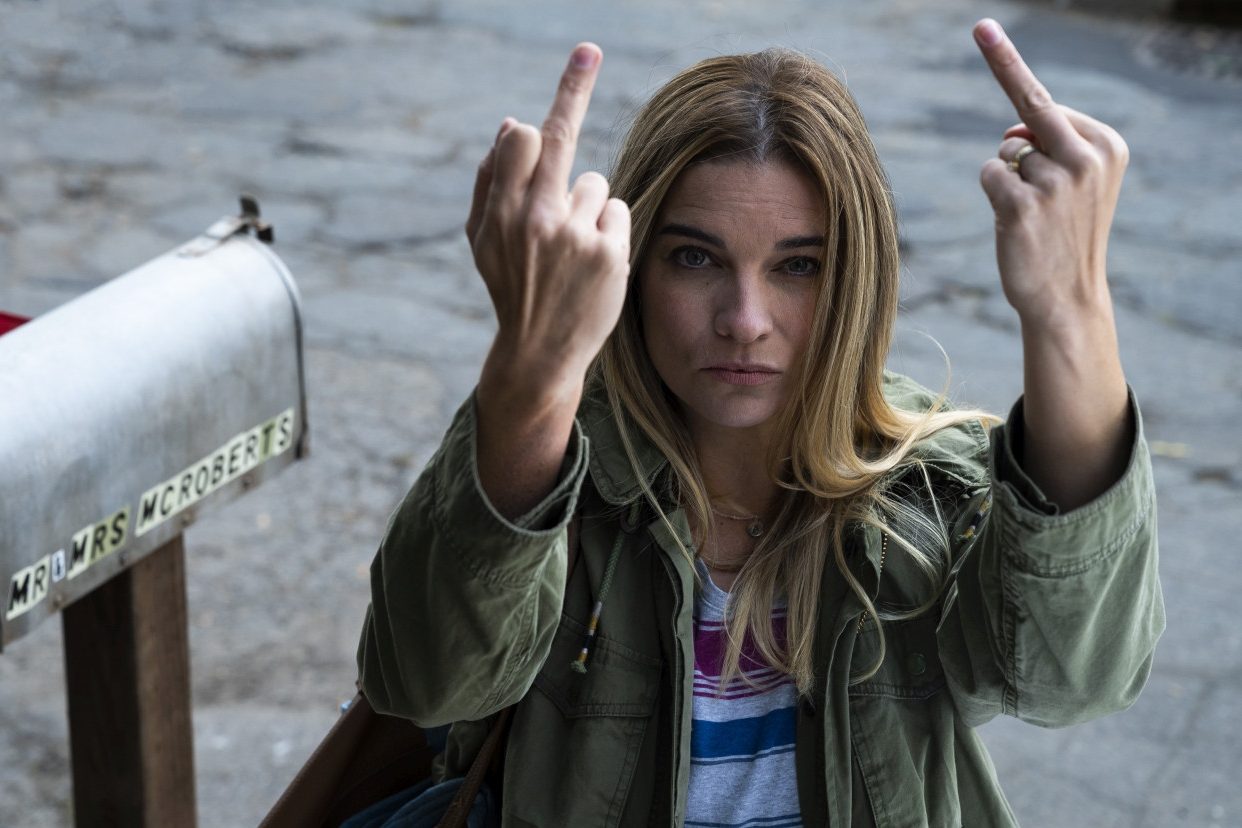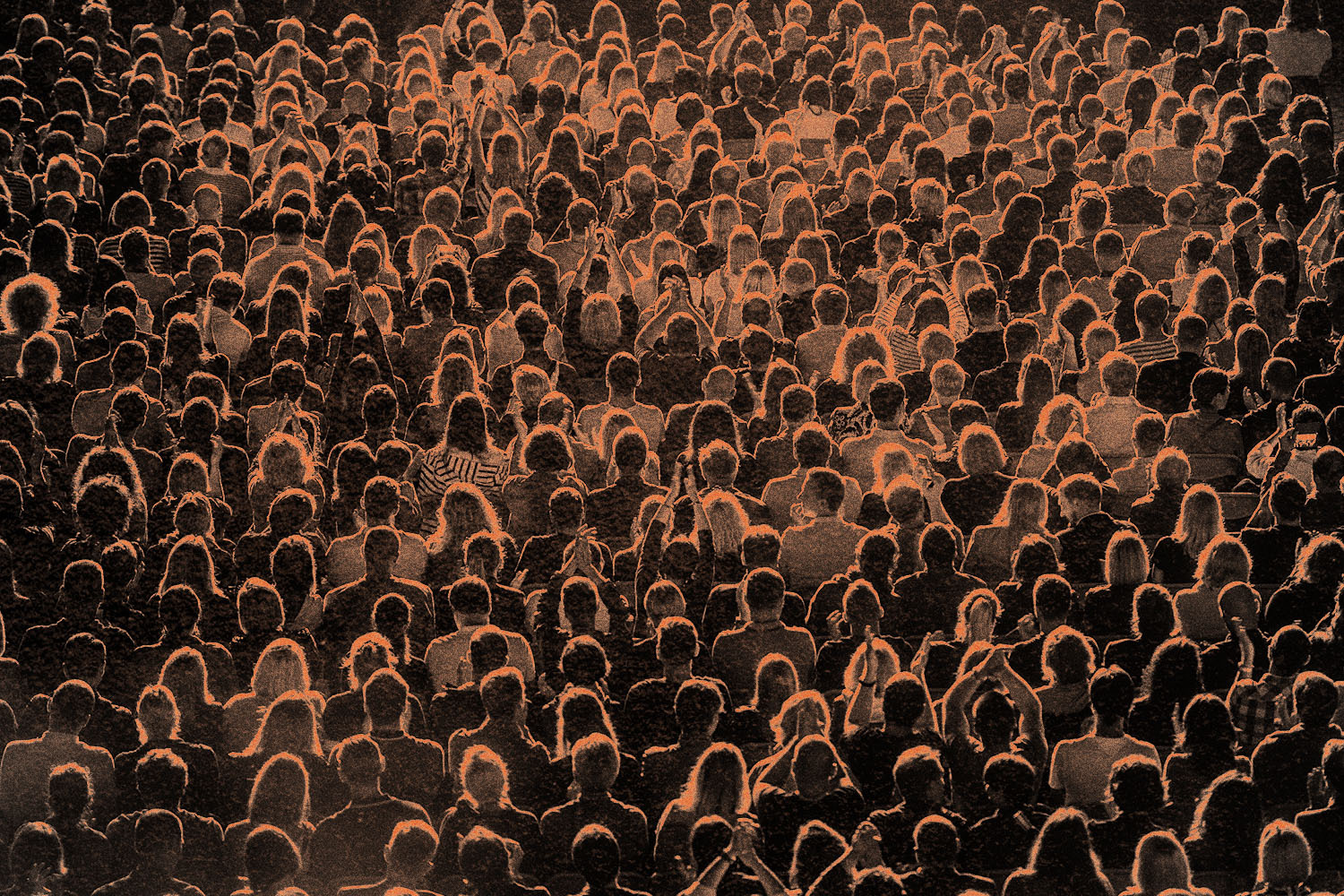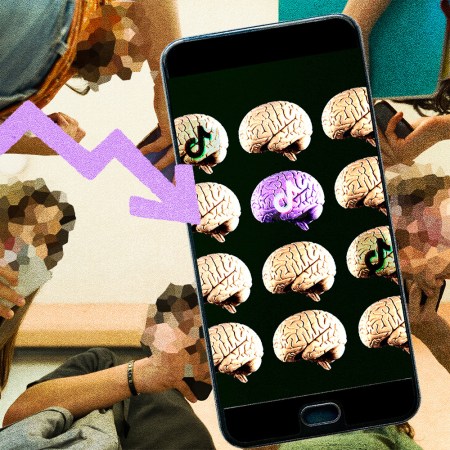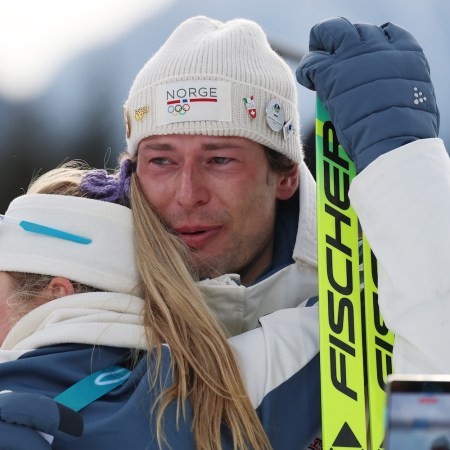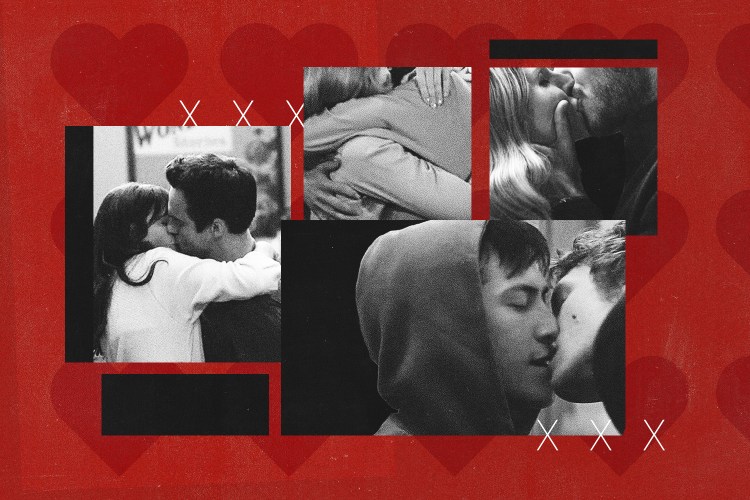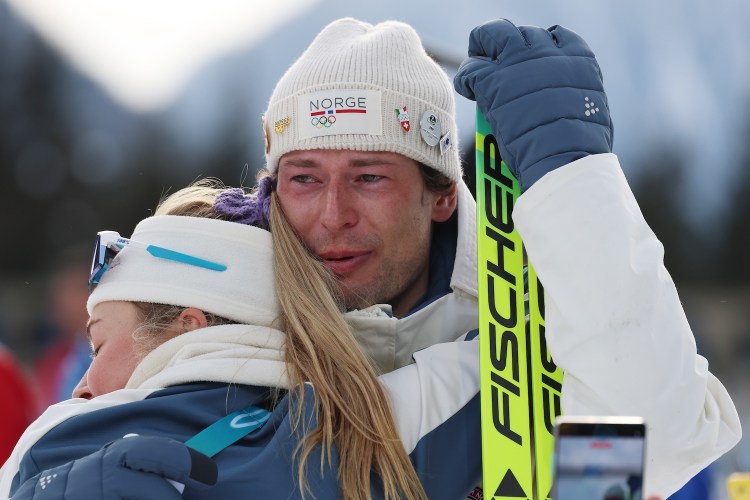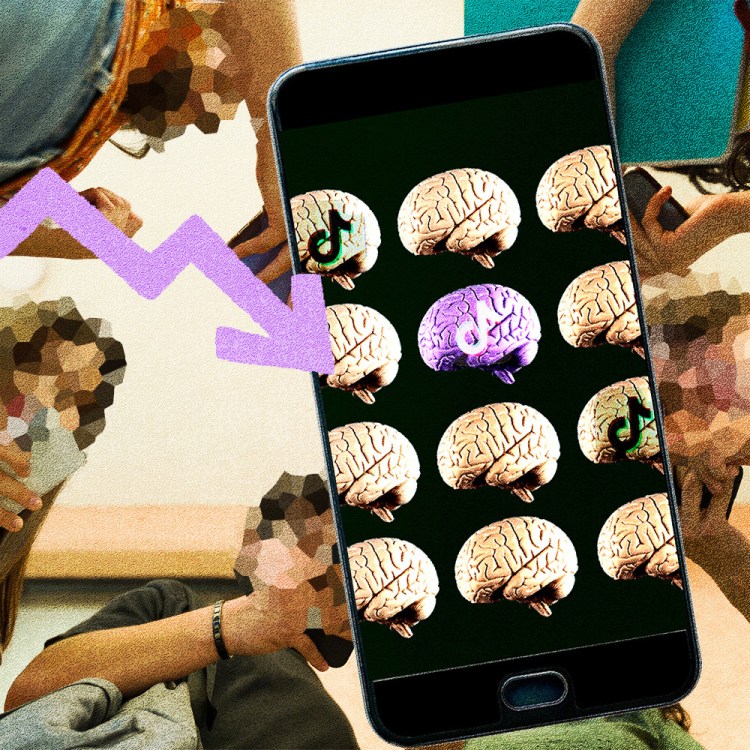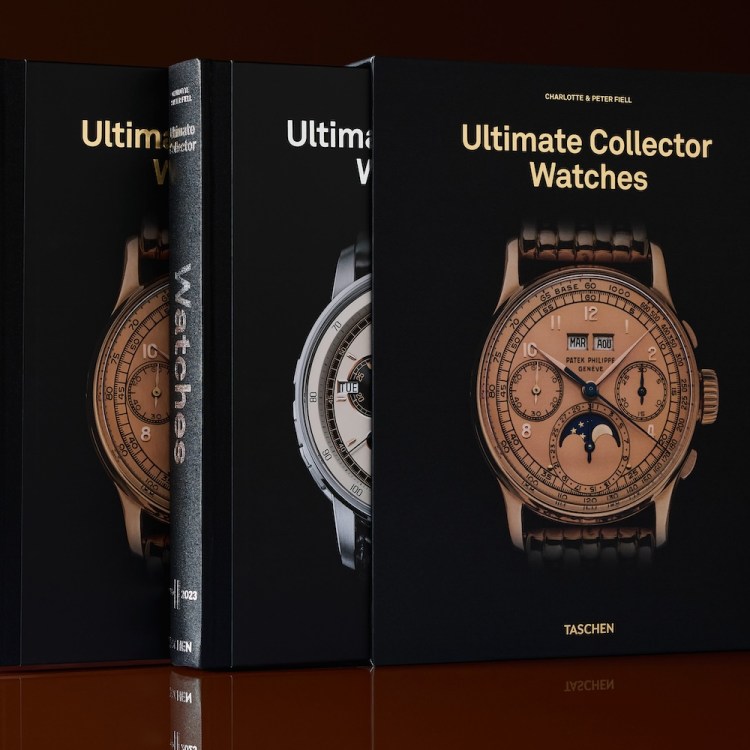Another Labor Day Weekend is upon us, which means yet another summer has come and gone. The season bidding us adieu this long weekend, however, was not just any summer, but Hot Vax Summer — the much anticipated post-pandemic vernal bacchanalia that promised to welcome us to the new normal with a bang. The past three months of our lives were supposed to be the horniest, the best. It was supposed to be a season of maskless, unrestrained partying and summertime debauchery, something between a Summer of Love redux and a 21st-century version of the Roaring ’20s. This summer, thanks to the vaccine, we were supposed to return to all the places and activities we love among all the people we’ve loved and missed. We were supposed to party like it was 1999, 1967 and 1925 all at once. This summer we were going to run faster, stretch out our arms farther… This summer was going to be the best summer ever.
Of course, from the earliest days of eager Hot Vax Summer forecasting, there were those naysayers among us — myself included — who questioned whether any summer in any universe could ever live up to the hype we heaped upon this one. Shockingly enough, a quick take of the internet’s temperature these days seems to suggest that this widely anticipated summer may have left something to be desired. You don’t have to look too far on social media to find someone decrying this summer as one of the worst on record, perhaps even worse than its pre-vaccine predecessor.
Of course, this summertime sadness wasn’t universal, as writer James Grieg found out last month when his tweet declaring this summer “the worst in living memory” went viral, prompting backlash from a number of irate Twitter users eager to insist that they happened to have a great summer, actually.
“It made a lot of people absolutely furious,” Grieg tells InsideHook. Still, he believes disappointment in this summer is fairly widespread. “I can believe lots of people had a great time, but ‘summer 2021 has been shit’ is also a very popular opinion.”
So where did we go wrong? How did Hot Vax Summer collapse into the summer of our discontent?
To be fair, there was a lot working against this summer, and the signs were there all along. Memorial Day weekend kicked off the season with a frigid washout in the Northeast, while various other forms of dramatic, often dangerous weather rattled other parts of the country all summer — from dangerous heat to hurricanes and record-setting rainfall that left New York underwater earlier this week. Naturally, poor weather can hamper summer plans, but in our advanced stage of climate change, these meteorological extremes also tend to carry an extra layer of existential dread and pre-apocalyptic angst, both of which may have a tendency to put a damper on summer vibes.
Meanwhile, the great unmasking that followed a year and change of mandatory face covering left us all vulnerable to nasty summertime colds. Then of course the Delta variant showed up just in time to dash our plans for a carefree, post-pandemic summer that would render COVID but a bad, distant memory. By mid-summer, for these reasons and many others, it was becoming hard to ignore a growing sense of impending doom that seemed to be looming over the rest of the season.
Perhaps, however, it wasn’t the weather, the virus or even the pre-apocalyptic dread that did this summer in, but simply our own unreasonably high expectations.
“Before this summer, many people were so tired of being restricted due to the pandemic that they had great hope and positive anticipation that the summer would be different, that it would be a return to normal,” says Dr. Christian Waugh, Associate Professor of Psychology from Wake Forest University, whose work focuses on stress regulation and positive emotions. “We know from research that when anticipating an emotional event (positive or negative) in the future, people tend to overestimate how impactful that event will be — this is called the affective forecasting bias.”
According to Waugh, the affective forecasting bias often comes into play when people hyperfocus on the relevant details of the thing they’re anticipating, and neglect to consider all the ordinary aspects of everyday life — particularly of the waking nightmare that everyday life seems to have become in recent years — that may temper those highs or lows.
“Obviously, people might have just had a terrible summer that didn’t meet any of their expectations,” says Waugh. “But I think that for a lot of people, even if they still had a ‘good’ summer, they had overestimated how amazing the summer was going to be at the beginning, which can inevitably lead to a little bit of a letdown later.”
In other words, “Many people’s expectations going into the summer were unrealistically optimistic. As that became obvious, disappointment set in,” says Pagan psychologist Betz King, whose work synthesizes the impact of the seasons on both personal and collective psychology. “When people experience conflicting thoughts, beliefs or attitudes, it causes cognitive dissonance — a disharmonious mental state,” King explains, adding that this summer has, of course, been full of such conflicting thoughts, beliefs and attitudes. “Post vaccination, people anticipated having the freedom to gather and celebrate, only to discover that even when they did, the weight of worry was still present. From family and friend gatherings to weddings and concerts, the pandemic remained an unwelcome guest, highlighting differences in beliefs about virus transmission, mask use and vaccination efficacy.”
Grieg agrees that this seemingly widespread disappointment might simply be the inevitable result of “a gulf between expectation and reality.”
“Like lots of people, I really felt there was a lot riding on this summer — like it had to be incredible and that if it was, that would make up for all the misery and boredom we’ve experienced over the last couple of years,” says Grieg. “No summer could be so perfect as to live up to those expectations. Even if the weather had been good, and there were no other external factors, I think I’d still have found it slightly disappointing.”
So was this summer doomed to fail from the start? And did it fail us, or did we kill it with the hands of our own too-high expectations? Have we only ourselves to blame for the Hot Vax Summer that wasn’t?
In some sense, yes. “With this affective forecasting bias, overestimating how amazing — or terrible — something is going to be will, in essence, ‘doom’ you to not necessarily meet those expectations,” says Waugh. However, he adds, he’s not a big fan of my use of the word “doom.” Apparently “it connotes negativity,” and in fact, it seems there is “some evidence that people who tend to have these positive overestimations, these ‘positive illusions’ of the future, fare pretty well as long as they’re mild and not totally unreasonable.”
Doomed or not, it seems many people found their positive illusions of this summer, well, pretty illusory. Then again, as Grieg notes, perhaps this summer isn’t really such an outlier in that regard: “I feel summer is often slightly anticlimactic, and the COVID situation has just accelerated that this year.”
Maybe summer has always sucked. Did this one suck more than usual? Possibly. Was it your own fault for having expectations in the first place, you poor, optimistic fool? Probably. But don’t worry, I’m sure next summer will make up for it.
This article appeared in an InsideHook newsletter. Sign up for free to get more on travel, wellness, style, drinking, and culture.
